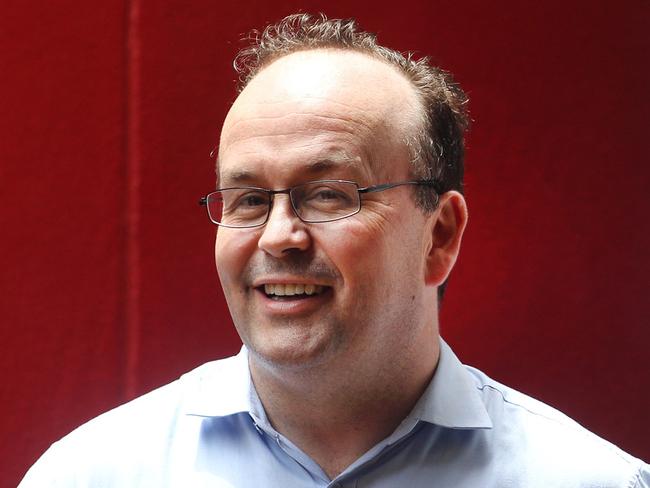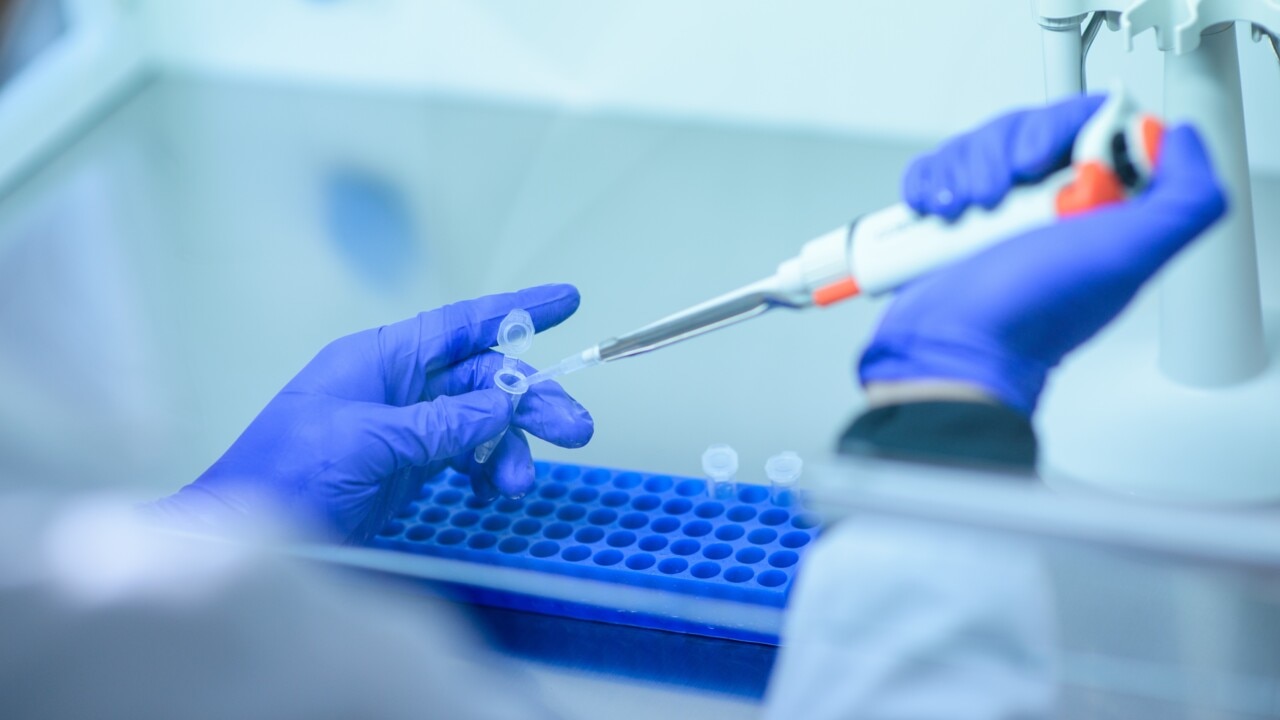What we have learned about an unknown killer virus
Since the first cases of COVID-19 hit Queensland in February, frontline doctors and public health officials have learned fast on their feet and made amazing discoveries in the fight against the unknown killer. Here’s what we’ve learned.

QLD Coronavirus News
Don't miss out on the headlines from QLD Coronavirus News. Followed categories will be added to My News.
STEROIDS have reduced the number of COVID-related deaths and international studies have revealed droplets of the virus can travel further than 1.5m in certain humid conditions.
In the past nine months frontline doctors who faced the first cases of COVID-19 in February have learned fast on their feet how to treat the unknown killer virus.
Thanks to unprecedented global collaboration there has been much success in managing the critically ill.
New vaccine hope: But it won’t be made in Australia
COVID-19 vaccine: Australia’s rollout plan and who will receive it first
A $90,000 grant will allow a researcher to investigate wider impacts of COVID-19
Discoveries like using steroids on patients, putting them in the prone position in bed and the use of ECMO machine to pump their blood outside the body to allow heart and lungs to rest — have all helped save lives.
“Never before has the global ICU community worked so closely and we have learned so much over these months in 2020,” Prof John Fraser, director of ICU at St Andrews Hospital in Spring Hill said.
“Queensland has not experienced the floods of COVID patients into ICU like other countries but our research has allowed us to collect information from 400 hospitals around the world. It has been a steady flow of zoom meetings throughout the year,” Prof Fraser said.

The professor, who is a University of Queensland researcher is the brains behind the COVID-19 Critical Care Consortium which has been studying patients recovery from ICU units in 54 countries.
“We have found that the use of steroids can reduce mortality by 30 per cent which is significant. The discovery that dexamethasone could help patients was a big step,” Prof Fraser said.
The World Health Organisation confirmed that the mortality rate dropped in patients treated with one of three corticosteroids hydrocortisone, dexamethasone or methylprednisolone.
“Placing ICU patients in the prone position or on their stomach was found to be beneficial and the use of the extracorporeal membrane oxygenation (ECMO) can help those who are critical,” he said.
“Apart from the clinical breakthroughs I think public health workers in Queensland have done a great job finessing their contact tracing skills. And credit goes to the Queensland people who have followed good scientific advice from the beginning,” the professor said.

Science has found that the weather has impact on the virus.
Researchers from the University of Sydney and the Fudan University School of Public Health in Shanghai found that low humidity increases the risk of spreading coronavirus.
“While there is evidence to support that warm and humid weather helps suppress the spread of the virus, the weather alone will not save us,” national infectious disease expert Prof Robert Booy said.
A new study from the University of California found that respiratory droplets travel longer distances than the 1.5m social distance recommendation, in some cases up to 6m in the right types of humidity.
“We continue to learn,” Prof Fraser said.


